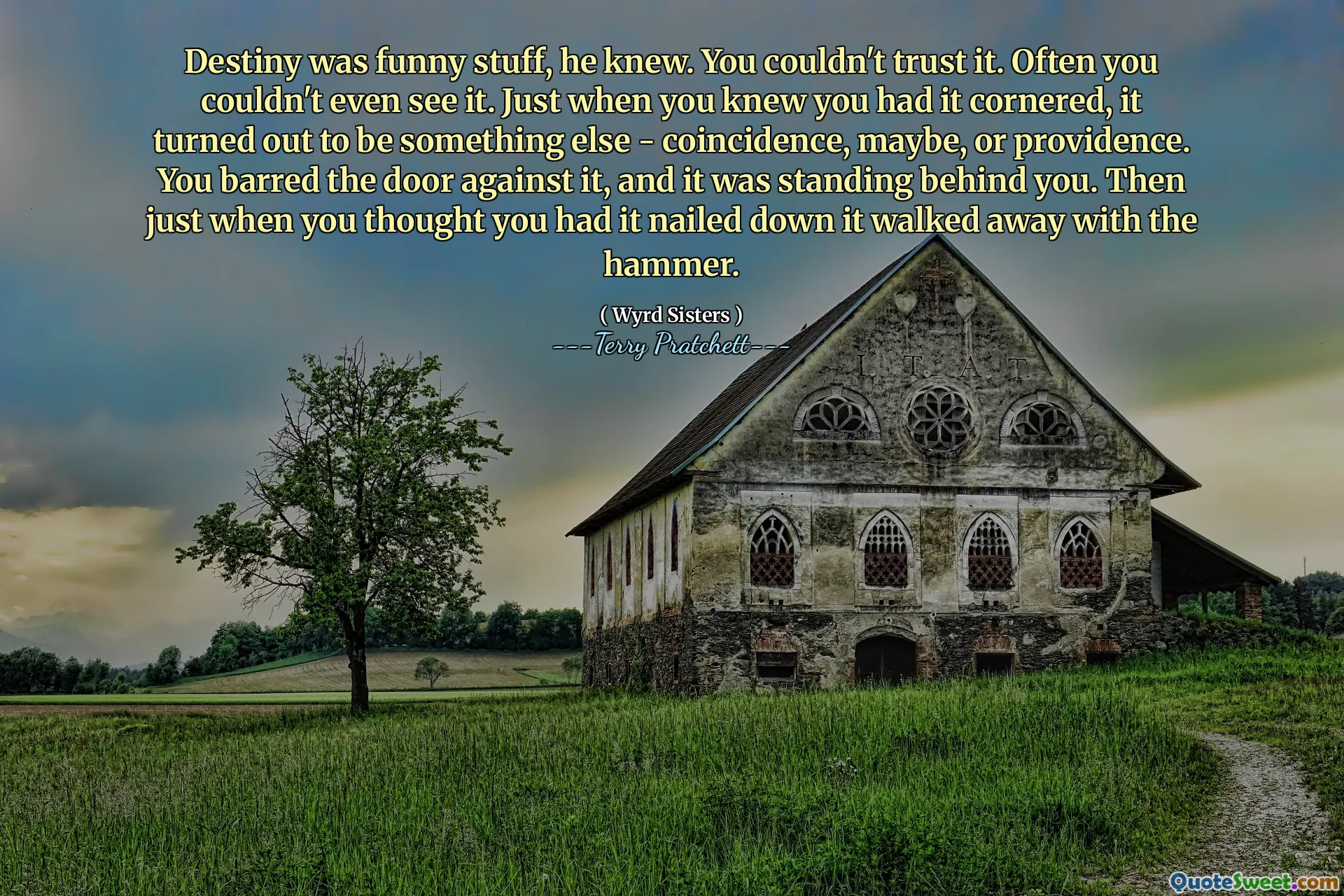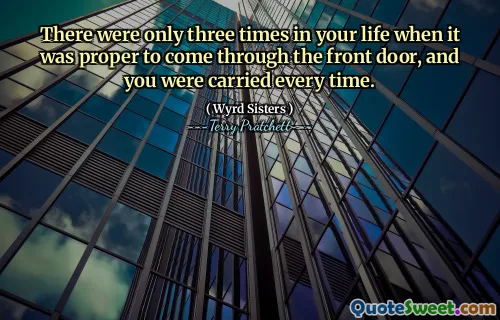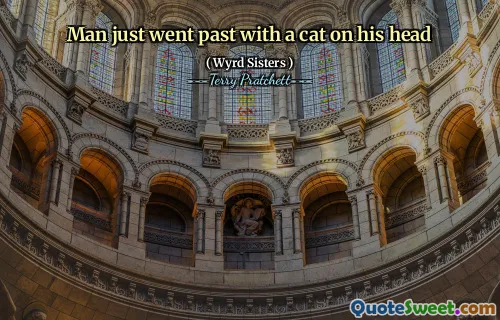
Destiny was funny stuff, he knew. You couldn't trust it. Often you couldn't even see it. Just when you knew you had it cornered, it turned out to be something else - coincidence, maybe, or providence. You barred the door against it, and it was standing behind you. Then just when you thought you had it nailed down it walked away with the hammer.
This quote vividly captures the elusive and unpredictable nature of destiny. It highlights how our attempts to understand, control, or even perceive our fate are often futile, as destiny remains inherently mysterious and capricious. The imagery of locking the door and finding it behind you emphasizes how we often feel powerless against forces beyond our comprehension, which can change form or direction unexpectedly. The notion that destiny can appear as coincidence or providence underscores its ambiguous character—sometimes it seems random, other times divinely orchestrated—leaving us questioning whether control or mere chance shapes our lives. The metaphor of destiny walking away with the hammer in the end suggests that, despite our efforts to dominate or predict it, it ultimately eludes us, turning our certainty into irony. It reflects a realism about life's unpredictability, encouraging humility and acceptance of the unknown variables that influence our journey. Recognizing the cunning nature of destiny may foster patience and adaptability, helping us to navigate life's uncertainties without undue frustration. Such insights deepen our understanding of human existence, emphasizing that often the most profound influences are those we cannot see or comprehend at the moment, yet they significantly shape our paths. The quote resonates with the idea that while we may plan or strive for control, relinquishing our need for absolute certainty can bring greater peace and flexibility in the face of life's unpredictable turns.








